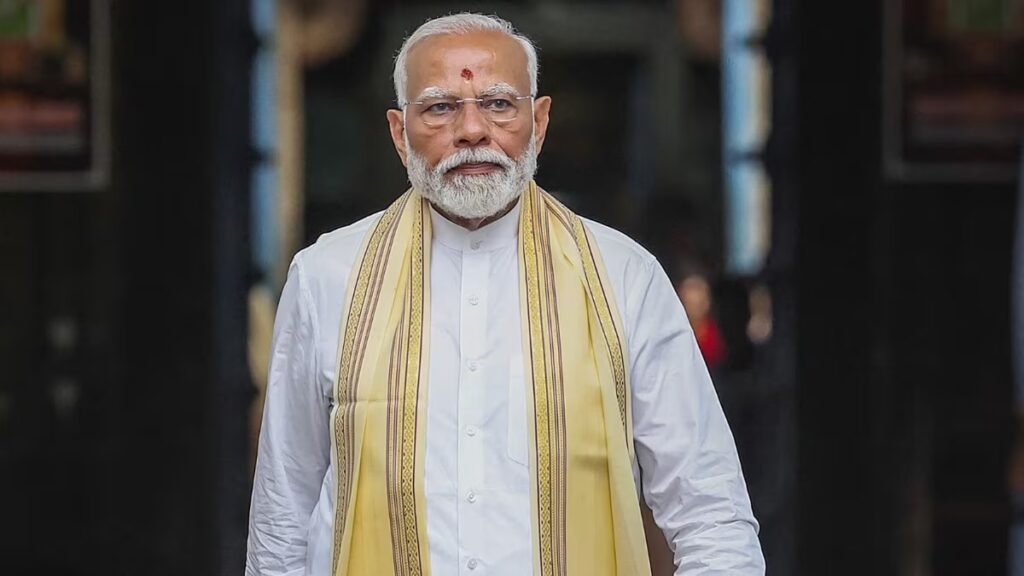03/06/2024
03/06/2024

NEW DELHI, India, June 3: As India braces for the upcoming elections, Prime Minister Narendra Modi is gearing up to introduce a series of business-friendly reforms if he secures a third term in office. According to two government officials familiar with the matter, Modi aims to implement regulations that facilitate the easier hiring and firing of workers, as well as offer subsidies to boost domestic production.
In a bid to position India as a global manufacturing hub, Modi intends to provide subsidies for domestic production, taking inspiration from recent incentives provided to semiconductor firms and electric vehicle manufacturers. Additionally, he plans to reduce import taxes on key inputs for locally-made goods, aiming to alleviate India's manufacturing costs.
Modi's vision for economic transformation has been a cornerstone of his reelection campaign, with a focus on attracting global firms seeking to diversify their supply chains away from China. However, despite India's status as the world's fastest-growing major economy, challenges persist in its manufacturing sector, particularly in providing adequate employment opportunities.
To address these challenges, Modi envisions increasing India's share of global manufacturing to 5% by 2030 and 10% by 2047, according to internal documents seen by Reuters. However, significant obstacles hinder India's path to becoming a manufacturing powerhouse, including restrictive labour laws, land acquisition challenges, and an inefficient tariff regime.
Modi's proposed reforms aim to streamline the process of acquiring land for industrial purposes and simplify labour regulations to encourage investment and job creation. However, opposition from state governments and labour unions has stalled progress on these fronts.
Despite these challenges, Modi remains optimistic about India's manufacturing potential, particularly with the development of industrial zones such as the Dholera Special Investment Region (DSIR). Modeled after China's successful special economic zones, DSIR aims to attract manufacturing companies with long-term leases on government-owned land.
While Modi's ambitions for India's manufacturing sector are high, critics emphasize the need for comprehensive reforms to address longstanding structural issues. Labour law reforms and land acquisition reforms are seen as essential for sustaining high growth and creating a wealth of job opportunities.
The outcome of the upcoming elections will determine the trajectory of Modi's reform agenda. A strong win for Modi's Bharatiya Janata Party (BJP) could provide the political capital needed to overcome opposition to his proposed reforms. However, challenges lie ahead in navigating complex labour laws and trade tariffs to realize India's manufacturing potential on the global stage.


